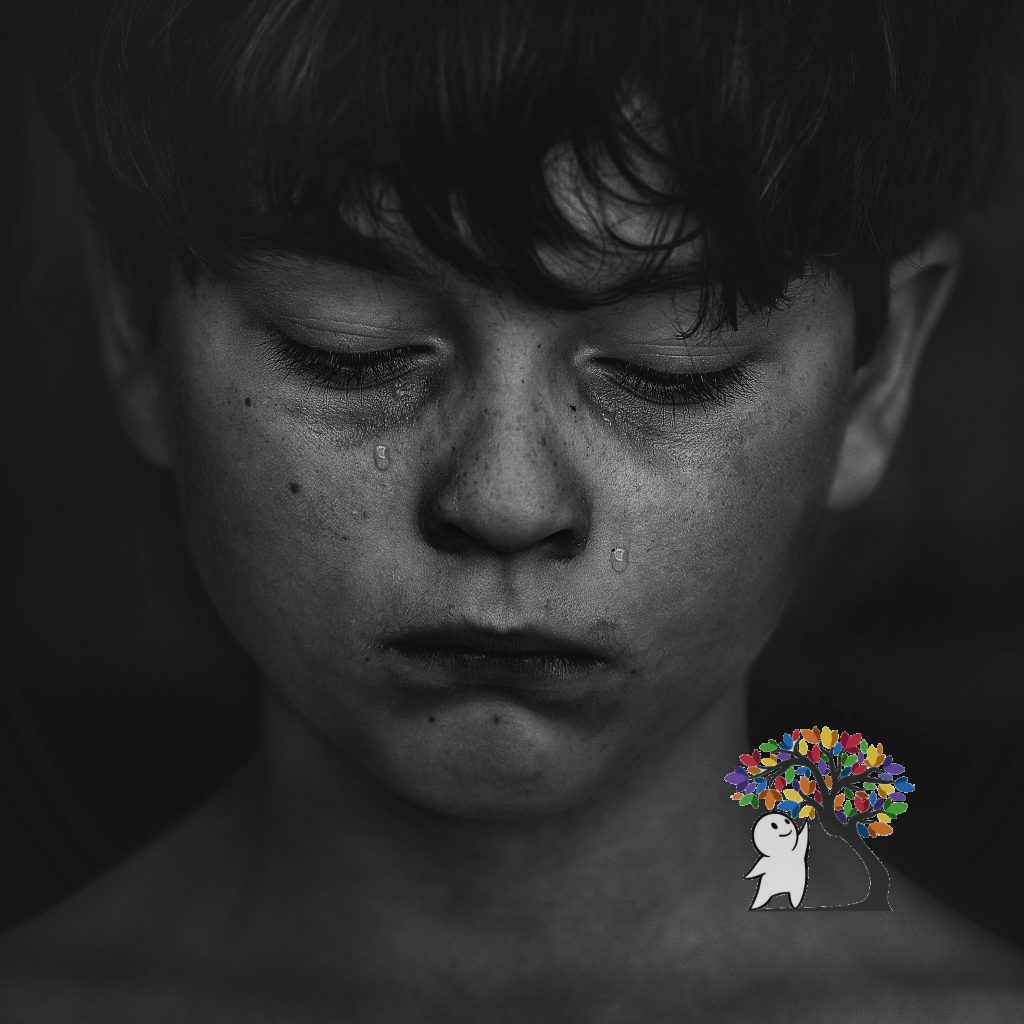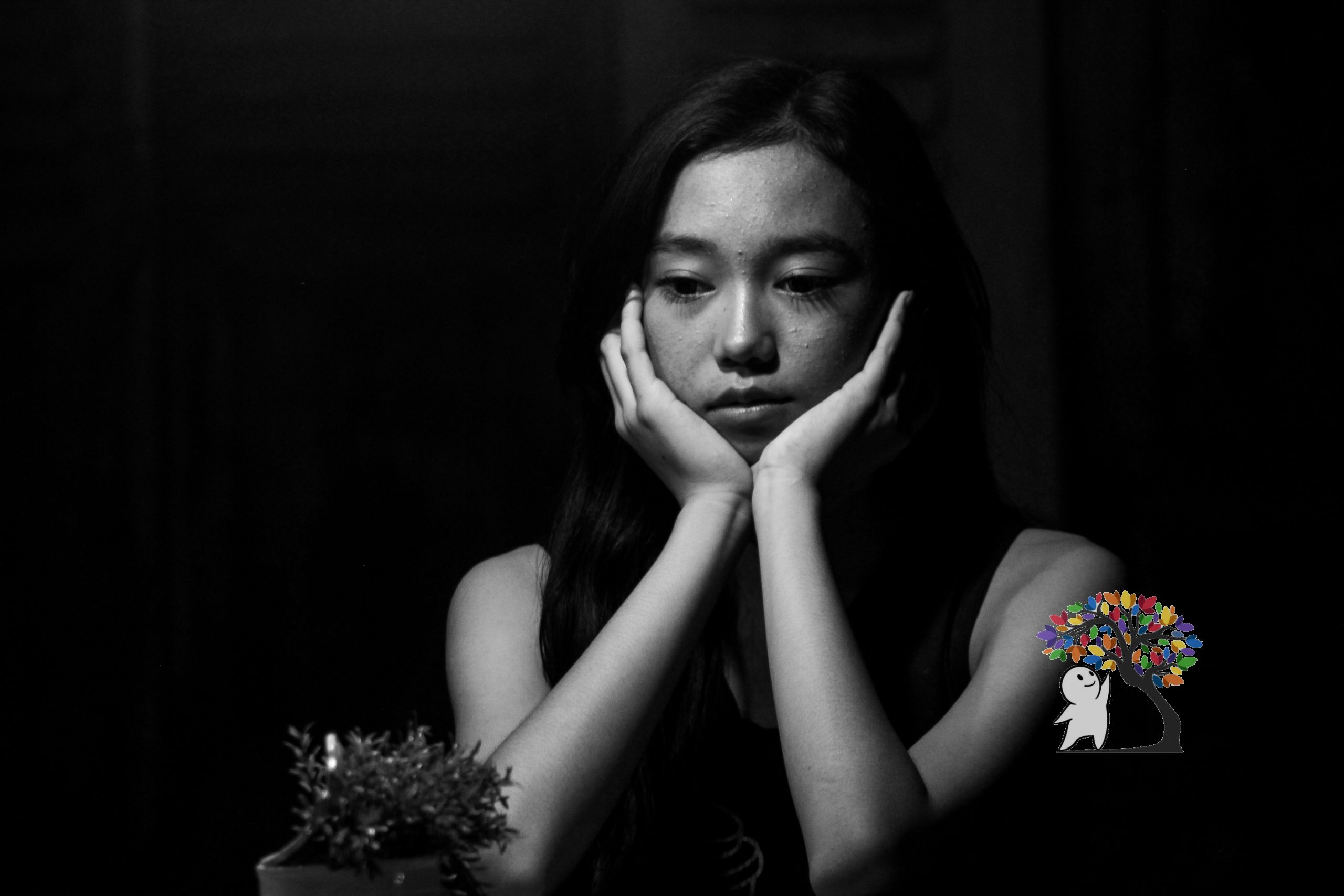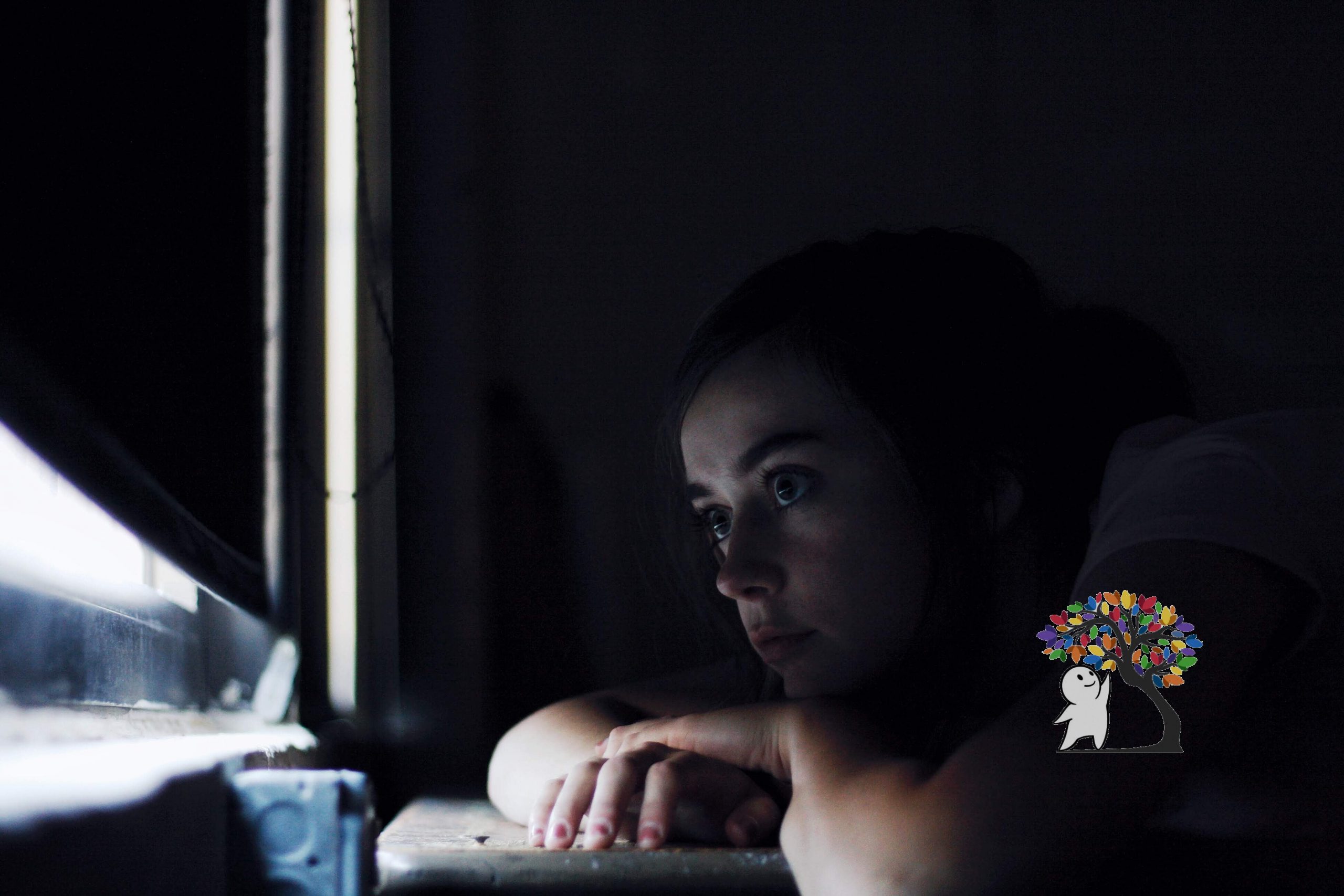7 Signs of Anxiety Caused by Upbringing

7 Signs of Anxiety Caused by Upbringing
Have you ever questioned yourself as to why you may have anxiety? Well in some cases, anxiety can be caused by how we were raised as children. In this article, I will be discussing with you the signs of anxiety that may have been caused by your upbringing. Let’s jump into it!

1. You Are Self-Critical
Do you often find yourself picking at your flaws or criticizing yourself for no reason? If you do, it could be an effect of having critical parents. An environment where a child’s flaws are the only thing parents see, can brush off onto a child to only see their own flaws. According to Iancu, Bodner and Ben-Zion (2015), self-criticism is highly related to social anxiety disorder. If things were to go wrong in a given situation, they may end up blaming themselves even though it may not be their fault. Thus, being too self-critical can be highly anxiety-inducing.

2. You Have Low Self-Esteem
Do your parents always compare you to others? There’s a high chance that you probably felt inadequate at some point. That’s the thing, growing up in an environment where you are constantly being compared to others, can harm your self-esteem. It may lead you to feel bad about yourself because you feel like you have failed to meet your parents’ expectations. This low self-esteem can carry on through our lives because of the constant fear of being inadequate which can generate a lot of anxiety.

3. You Think Negatively
Do your parents always seem to tell you of the cruel reality in any situation you mention? Or they tell you to be ready for the worst? If you have parents that always focus on the worst-case scenario, their behaviour can probably affect your mindset. While it is normal to recognize the worst-case scenario in a given situation, it can eventually lead your mind to focus on the negative. This form of repetitive and negative thinking can generate a lot of anxiety. According to Rood, Roelofs, Bögels and Alloy (2009), repetitive negative thinking is often associated with symptoms of anxiety.

4. You Fear of Being Judged
Do your parents seem to have something negative to say about everything and everyone? Having judgemental parents can have a significant impact on a child. Conditioned by judgemental parents at an early age, children may struggle with worry and fear of what others might think of them and also the fear of being ridiculed by others. These can come in the form of passing remarks such as “can you stop doing this, you look ridiculous” or “I don’t think you should try that, others might laugh at you”. A parental figure’s emphasis on the importance of the opinion of others can be associated with social anxiety due to the focus on other people’s opinions instead of emphasizing on social initiatives and family sociability (Bögels, van Oosten, Muris and Smulders, 2001).

5. You Are Overly Cautious
Are the potential dangers the first thing your parents remind you about when you bring up any subject? Or perhaps they also tend to constantly check on you when you’re not around them? If you have overprotective parents, there’s a chance that you may find yourself being overly cautious. This is because, overprotective parents condition children at a young age to be wary of everything. It can lead to having a certain worry and fear of things that are unknown to us. Although it can be beneficial to be overly cautious at times, it can also lead to anxiety.

6. You Fear Relationships
Where can this fear come from? It can come from having neglectful parents or growing up in a separated family. Why? In terms of having neglectful parents, it can condition the mind to think that your partner will also neglect you. In terms of growing up in a separated family, it can lead you to think that your relationships formed, may have a similar outcome.

7. You Doubt Yourself
According to Crosby Budinger, Drazdowski and Ginsburg (2012), parental doubts of child competency have been linked to the risks of anxiety disorders in children. Parents who are more expressive in their doubting comments, can also result in having self-doubt as the children grow up. Questions like “am I doing it right?” or “I don’t think I’ll get it right” are examples of self-doubt which can in turn lead to anxiety in these individuals.

Summary
Do you relate to any of these signs? Let us know what you think. While these are some of the signs of anxiety caused by the various upbringing environments, there could be many more as well. If you have any experiences outside of the signs mentioned in this article, feel free to share it with us, we’d love to hear your experiences.
References
Bögels, S., van Oosten, A., Muris, P. and Smulders, D., 2001. Familial correlates of social anxiety in children and adolescents. Behaviour Research and Therapy, 39(3), pp.273-287.
Crosby Budinger, M., Drazdowski, T. and Ginsburg, G., 2012. Anxiety-Promoting Parenting Behaviors: A Comparison of Anxious Parents with and without Social Anxiety Disorder. Child Psychiatry & Human Development, 44(3), pp.412-418.
Iancu, I., Bodner, E. and Ben-Zion, I., 2015. Self esteem, dependency, self-efficacy and self-criticism in social anxiety disorder. Comprehensive Psychiatry, 58, pp.165-171.
Rood, L., Roelofs, J., Bögels, S. and Alloy, L., 2009. Dimensions of Negative Thinking and the Relations with Symptoms of Depression and Anxiety in Children and Adolescents. Cognitive Therapy and Research, 34(4), pp.333-342.



Responses